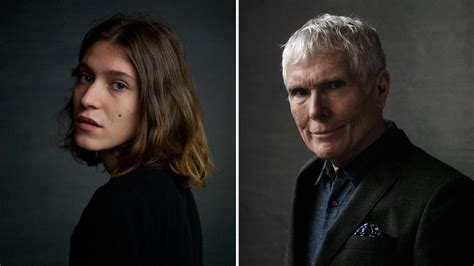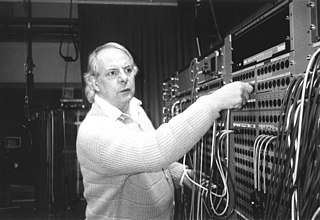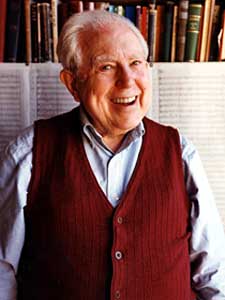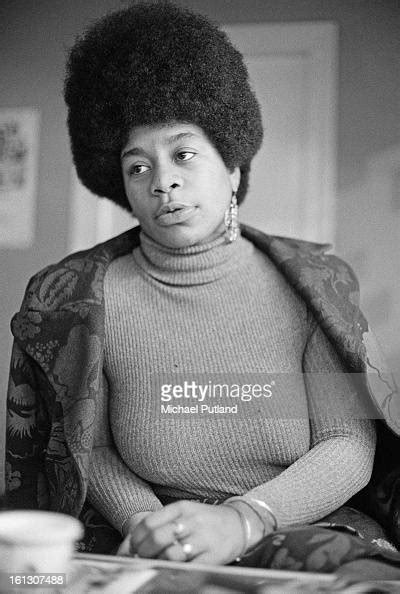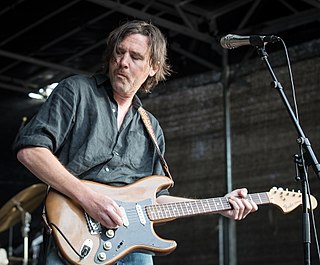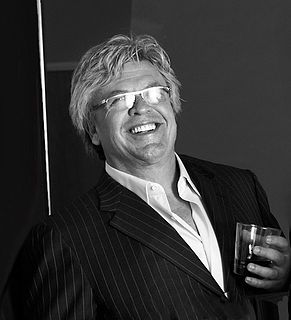A Quote by James Nares
Music has always been important to me. Rhythm, in particular, features in most of the things I do. I stumbled recently upon an old notebook in which I'd written, 'Touch, timing and timbre... keys to the heart.' That just about says it all.
Related Quotes
Timing is so important! If you are going to be successful in dance, you must be able to respond to rhythm and timing. It's the same in the Spirit. People who don't understand God's timing can become spiritually spastic, trying to make the right things happen at the wrong time. They don't get His rhythm - and everyone can tell they are out of step. They birth things prematurely, threatening the very lives of their God-given dreams.
People tell me I'm a comedian, but I don't approach acting from that perspective. I do know that everything in life has to do with your timing and perception. You have to be comfortable with the rhythm that you're in. You can't just jump into a fast rhythm if yours is slow. You might have to pick up the pace but in your own particular way. It has to do with personality, too.
I have a notebook that I take with me everywhere. I free-write in it when there are situations that I know I can write a song about. I will just start writing everything that I can think of while trying to write some things that are kind of poetic or sound like they could be in a song. Then, after the music is written, I go back and look at my subjects to see which one I think woud go with what music. Then, I formulate it into a melody and get the song.
Music is neither old nor modern: it is either good or bad music, and the date at which it was written has no significance whatever. Dates and periods are of interest only to the student of musical history. . . . All old music was modern once, and much more of the music of yesterday already sounds more old-fashioned than works which were written three centuries ago. All good music, whatever its date, is ageless - as alive and significant today as it was when it was written
Music is important. It says things you heart can't say any other way, and in a language everyone speaks. Music crosses borders, turns smiles into frowns, and vice versa. These observations are shared with a hope: that, when schools cut back on music classes, they really think about what they're doing - and don't take music for granted.
There are some superficial things that connect me to the stream. There's instrumentation, there's timbre, use of electronics, the way that samples are used, the way the electric guitar is used. I'm thinking of things that are particular to this era. But I don't always feel particularly close to the music of my peers. I often feel that I have more in common with writers and visual artists. I try to connect to people in an emotional kind of way.
